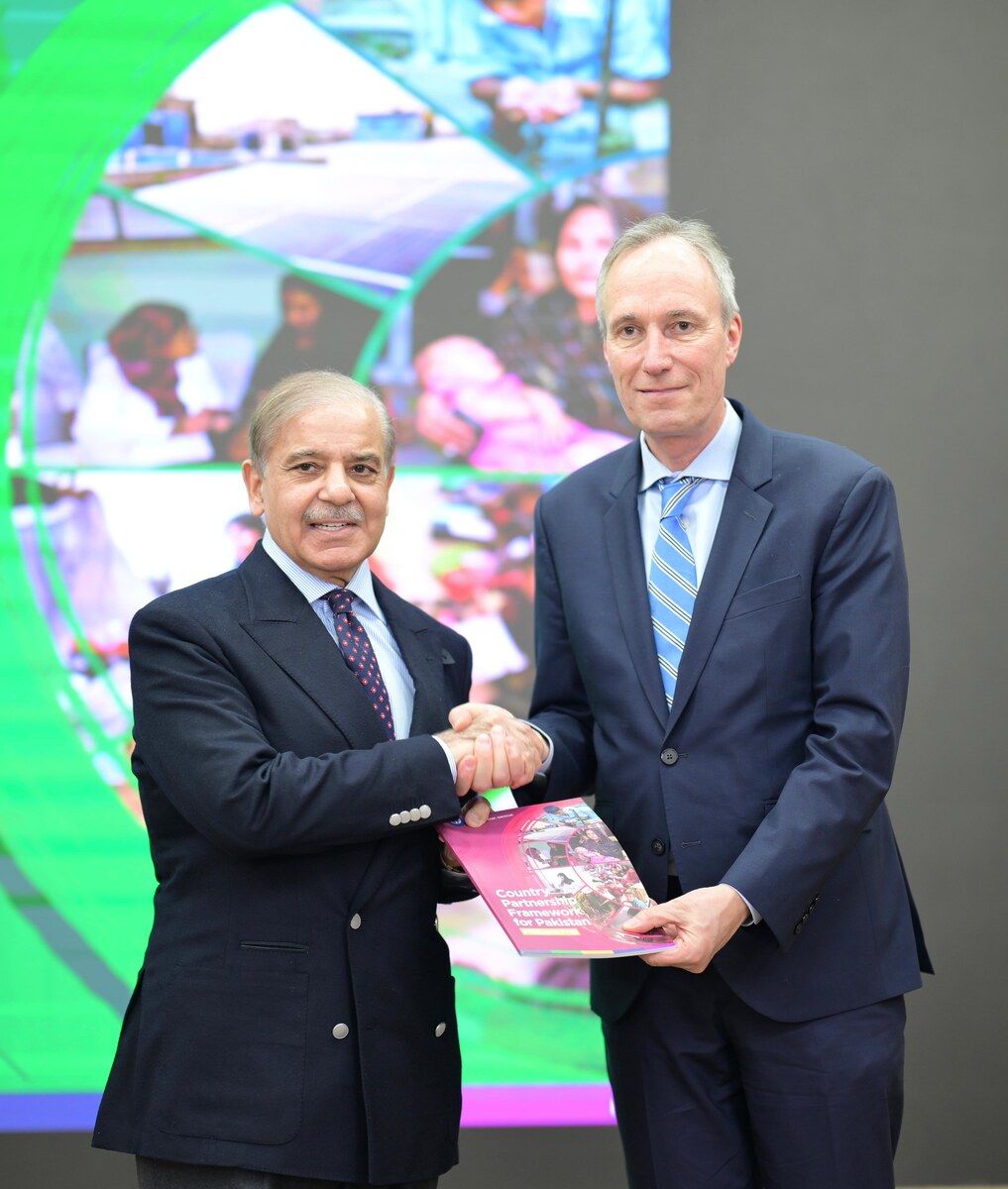ISLAMABAD: Pakistan army chief General Qamar Javed Bajwa’s recent trip to Washington after Foreign Minister Bilawal Bhutto-Zardari’s US visit reflects the two countries’ renewed desire to reset strained relations, international affairs and defense experts said on Wednesday.
Gen Bajwa is in Washington on a week-long visit where he met US defense secretary General Lloyd James Austin III (Retired), national security adviser Jacob Jeremiah Sullivan, and deputy secretary of state Wendy Ruth Sherman.
According to a statement issued by the Pakistan military’s media wing, during the meetings, both sides had convergence on major international issues including Afghanistan, and the need for cooperation to avoid humanitarian crises and improve peace and stability in the region.
Washington has worked closely with Pakistan’s army chiefs over the years alongside civilian governments in the South Asian country.
Uzair Younus, who works with Pakistan Initiative at the Washington-based Atlantic Council, said bilateral relations between the two countries have been improving over the past few months.
“Gen Bajwa’s trip soon after the foreign minister’s trip to Washington is a good signal for bilateral relations,” Younus told Arab News, adding the visit had been on the cards for months. It had been delayed on a couple of occasions, he said.
“We must not lose sight of the fact that the relationship remains bounds by a narrow, transactional approach, and deepening ties especially through deeper economic engagement, must be the priority moving forward,” Younus added.
Ties between Washington and Islamabad were strained with the former suspecting the latter allowed Taliban militants to seek refuge in Pakistan. The relationship between the two countries further soured when former Prime Minister Imran Khan claimed Washington had backed a parliamentary move to oust him from office.
The US has denied the allegations.
“The visit is very significant and positive for Pakistan and US relationship because, during Donald Trump’s time and Joe Biden’s initial tenure, the relationship between both countries was almost frozen,” Aizaz Ahmad Chaudhry, a former foreign secretary who also served as Pakistan’s envoy to the USA, told Arab News.
“As we have ties with the US in every domain and after the visit of prime minister, foreign minister and now military leadership, the trip would generate a positive opinion about bilateral relations,” he said.
Chaudhry added it did not matter how much time Gen Bajwa has in office before he hangs his boots.
“The relationship is between institutions which go on with the new leadership in any institution,” Chaudhary added.
Pentagon announced last month that the US State Department had approved the potential sale of F-16 aircraft sustainment and related equipment to Pakistan in a deal valued at up to $450 million, maintaining that this will improve the South Asian nation’s capability to meet current and future counterterrorism threats.
Military analyst Ayesha Siddiqa said Bajwa’s visit is significant as both countries were looking to fulfill their needs. She said Pakistan’s army chief could play a vital role to ensure this.
“This is the restart of a very narrowly focused military conversation with the US military as Pakistan’s military is still critical to the USA to ensure how counterterrorism is managed in the region and also, they did not want to push aggressively Pakistan into the Chinese [camp],” Siddiqa told Arab News.
Gen Bajwa is set to retire in November. However, Siddiqa said Bajwa could play a significant role in negotiations between the new government post-retirement as well.
“As after his retirement, General Jahangir Karamat was sent to Washington as an ambassador by the Musharraf government,” she said. “Negotiating and understanding what the Pakistani military is doing could lead to a future role for him.”
Siddiqa said the visit was a significant one from Pakistan’s perspective as well, adding the South Asian country continues to rely economically and financially on support from western countries.
She said, therefore, the relationship would remain like a transaction.
Senior defense analyst Lt Gen (retired) Amjad Shoaib described Bajwa’s visit as a symbolic one, citing the army chief’s retirement next month as the reason for his argument.
“The visit does not have much importance and is more of symbolic [nature] as Gen Bajwa is retiring next month,” he told Arab News. Shoaib said any decisions that the army chief reaches with the US authorities during his visit would be hard to pursue after his retirement.
“Gen Bajwa has a very good understanding with the USA in establishing good military-to-military relations during his six-year tenure as army chief,” he said.
“And they [USA] wanted to honor him to recognize his role in the promotion and strengthening of defense ties, especially during his tenure the Afghan issue was settled and the USA pulled out of it where General Bajwa played an important role,” he added.
Washington has always supported Pakistan in economic terms but never supported its national interest, especially when it comes to regional issues, Shoaib said.
“The relations required reorientation through a superior diplomacy,” he added.


















